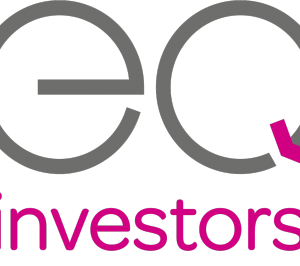“We can’t mainstream social investment by side-lining it.”
Whitni Thomas, of Triodos Corporate Finance, believes that for social investment to be taken seriously, it needs to remain within the existing regulatory framework.
Below is an article she wrote recently in their online magazine, The Colour of Money.
Some have been arguing for years that there are too many regulatory barriers to social investment and the Financial Conduct Authority have called for input on what these barriers are. The call for input is already provoking debate in the sector. Some make the case that social sector organisations raising less than a certain amount (perhaps £100k) should be exempt from financial promotion rules. Others think that social sector organisations should be taken out of the financial promotion rules all together and operate under a new regime with minimum standards.
There are a number of problems that these proposals are trying to solve. One is the perception that the financial promotion regime is too complicated to understand and too costly for social sector organisations to abide by. Another is the concern that community benefit societies and coops – who are exempt from the financial promotion rules – need to raise their game. These problems may be real or just perceived but the changes that are being advocated miss the big picture.
Our aim at Triodos Bank is to show that finance can be a force for good, both in channelling capital to those organisations that are creating positive impact and also in the manner in which we work. We want to make it normal and easy for someone to consider the impact of their money on a day to day basis and – for those who wish – invest in social and environmental organisations. In jargon speak, we want to ‘mainstream social investment’. Given this end game, and I think many in our sector would agree this is the end game, why would we risk side-lining social investment into a parallel universe with its own regulatory regime?
This isn’t to dismiss the real concerns that some have in the sector about areas where there are hurdles. It is true that it probably isn’t cost effective for a charity to raise £25k or £50k or £100k directly from individuals. But why would they? There are investors like CAF Venturesome or Key Fund that will lend money to these organisations. And with the Access Foundation due to make its first investments shortly, the ecosystem of social investors that will make small unsecured loans is growing.
We are strong believers in connecting individuals directly with organisations that create a positive impact. The bank achieves this through our commitment to transparency and our corporate finance team by making direct investment opportunities available to individual investors. But I don’t think that we should be promoting investment from individuals into social sector organisations as the be all and end all either. There are many circumstances in which it is more cost effective and appropriate to secure finance from other investors.
Let’s not derail what we have been building for years now – 20 years in our case – by advocating for a change that misses the bigger picture. We don’t need special treatment as a sector. Social investment can stand up to scrutiny from investment professionals and we can work within the existing regulatory framework. Let’s keep the investment in social investment.




